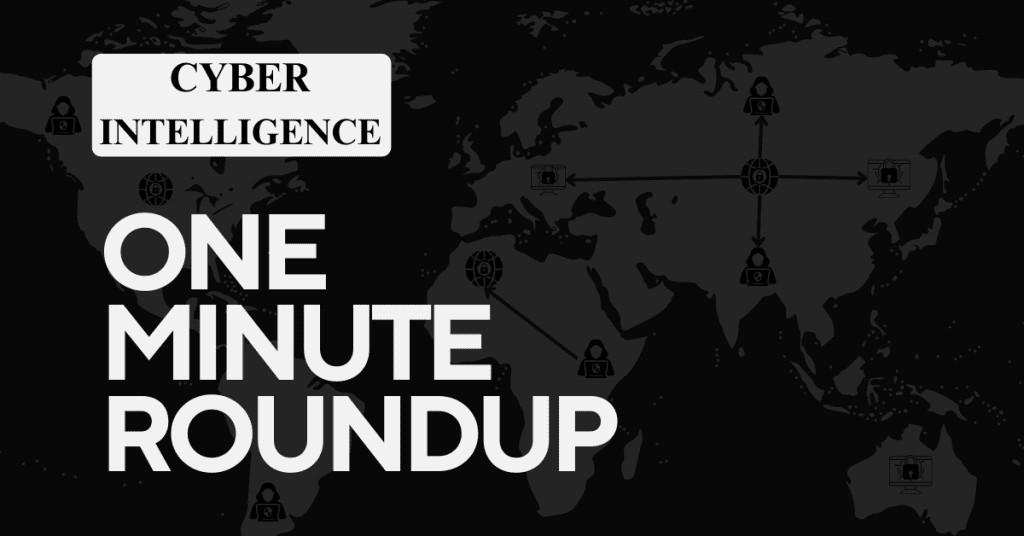- News
- Aerospace
- Apple
- Arrest
- Automotive
- Big Tech
- Breaking News
- Business Email Compromise
- China
- Chip Technology
- Cryptocurrency
- Cyber Budget
- Cyber Espionage
- Cyber M&A
- cybercrime
- Data Leak
- deepfake
- Energy Sector
- Ethiopia
- Finance
- France
- Geopolitics
- Government
- Hacktivism
- Healthcare
- Human Error
- Investment Scam
- Iran
- Israel Conflict
- Malicious Bots
- Malware
- North Korea
- Norton
- One Minute Roundup
- ransomware
- SEC
- SMB
- Social Media
- Sri Lanka
- Taiwan
- VPN
- Wire Fraud
- Workforce Cyber
- Analysis
- Expert Opinions
- Resources
Search
FEATURED
SMEs in urgent need of cybersecurity overhaul
In an exclusive interview with Cyber Intelligence, Brian Buiwe, Technology Specialist at Sage, explains how SMEs and other smaller organizations urgently needSecurity minefield ahead for GenAI users
In an exclusive interview with Cyber Intelligence, Gadi Bashvitz, CEO of cybersecurity testing firm, Bright Security warns of the security challenges facing organizationsOne Minute Roundup
admin
Asia-based Cybercrime Syndicates Go Global – July 23rd
Asian cybercrime syndicates based in China and Southeast Asia have caused approximately $37 billion in losses in
admin
Brazilian IT worker arrested over $100 million theft – July 8th
Brazilian IT worker João Roque has been arrested in connection with a $100 million theft
Editorial Team
Companies pay $1 Million in Ransomware attacks – July 7th
Sophos has reported that almost half of companies targeted by ransomware attacks paid to regain
Editorial Team
Swissquote Under Pressure For Rising Cybercrime Risks – July 1st
The Swiss financial regulator is urging SwissQuote to improve its cybersecurity measures due to increasing
Retail
admin
Louis Vuitton is the latest retailer to be breached
Louis Vuitton, owned by French giant LVMH, is the latest retailer to suffer a cyber-breach in a recent flurry of attacks thatAI
admin
AI-powered ransomware fuels cybercrime
Cybercriminals are now weaponizing artificial intelligence (AI) to create potentially devastating off-the-shelf ransomware. Researchers at cybersecurity company ESET have discovered what theyChina
admin
















